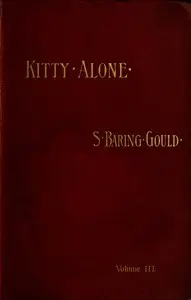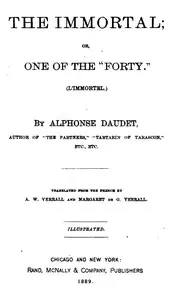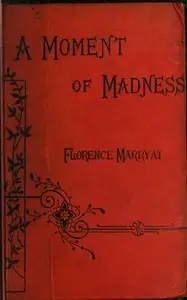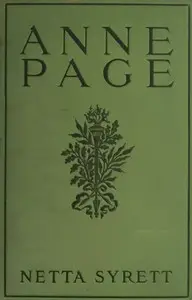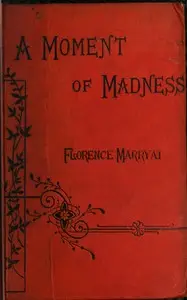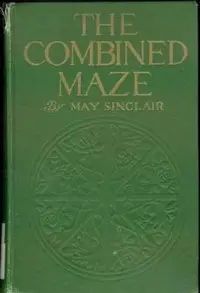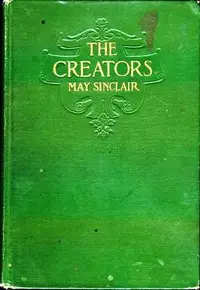"The Immortal Moment: The Story of Kitty Tailleur" by May Sinclair is a narrative portrait set within the confines of the Cliff Hotel, where the mysterious Kitty Tailleur becomes the object of fascination and speculation. The arrival of Mr. Robert and Miss Jane Lucy sparks a series of observations and judgments, as the siblings try to understand the alluring Kitty. As the story unfolds, the novel observes the intricate dance of attraction and the pitfalls of hasty conclusions and rampant gossip, exploring how appearances can both reveal and conceal the realities of human character, and focusing on the connections that Kitty makes with the Lucys, all while questions about her character and past begin to bubble to the surface.
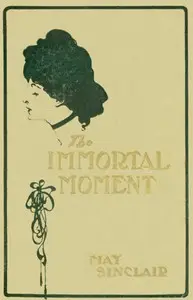
The Immortal Moment: The Story of Kitty Tailleur
By May Sinclair
In a hotel filled with whispers and assumptions, a woman's enigmatic charm draws the attention of two siblings, leading them to question everything they think they know about her.
Summary
About the AuthorMay Sinclair was the pseudonym of Mary Amelia St. Clair, a popular British writer who wrote about two dozen novels, short stories and poetry. She was an active suffragist, and member of the Woman Writers' Suffrage League. She once dressed up as a demure, rebel Jane Austen for a suffrage fundraising event. Sinclair was also a significant critic in the area of modernist poetry and prose, and she is attributed with first using the term 'stream of consciousness' in a literary context, when reviewing the first volumes of Dorothy Richardson's novel sequence Pilgrimage (1915–1967), in The Egoist, April 1918.
May Sinclair was the pseudonym of Mary Amelia St. Clair, a popular British writer who wrote about two dozen novels, short stories and poetry. She was an active suffragist, and member of the Woman Writers' Suffrage League. She once dressed up as a demure, rebel Jane Austen for a suffrage fundraising event. Sinclair was also a significant critic in the area of modernist poetry and prose, and she is attributed with first using the term 'stream of consciousness' in a literary context, when reviewing the first volumes of Dorothy Richardson's novel sequence Pilgrimage (1915–1967), in The Egoist, April 1918.

